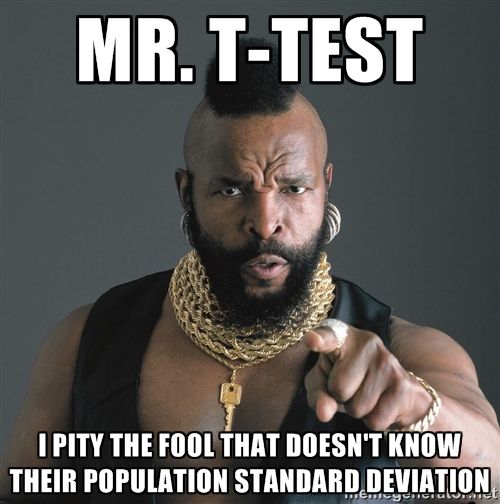
He/him. Cambridge, MA. Improved voting methods & democracy.
P(endorse|retweet)=P(retweet|endorse)P(endorse)/P(retweet)
How to get URL link on X (Twitter) App



https://twitter.com/NoBCProRep/status/1051231364794777600

https://twitter.com/gelliottmorris/status/10456571183831900172/Here's the graph.
